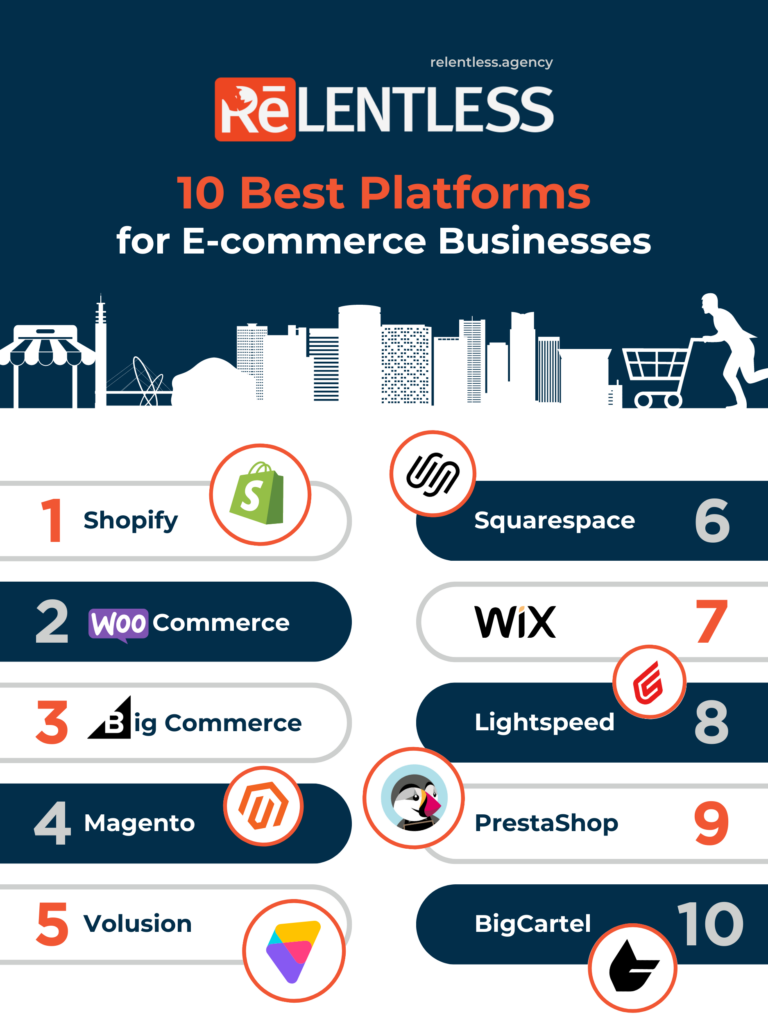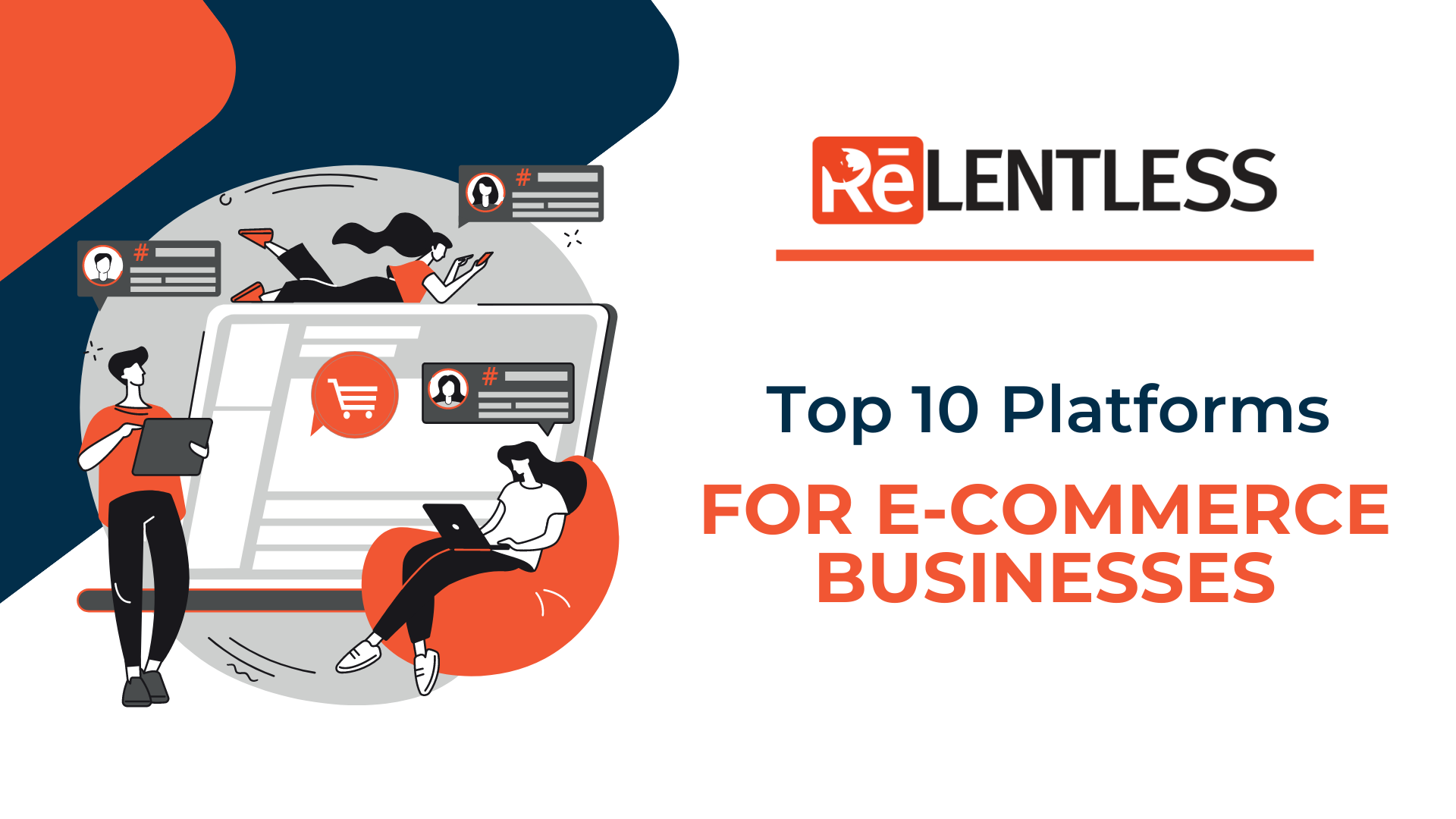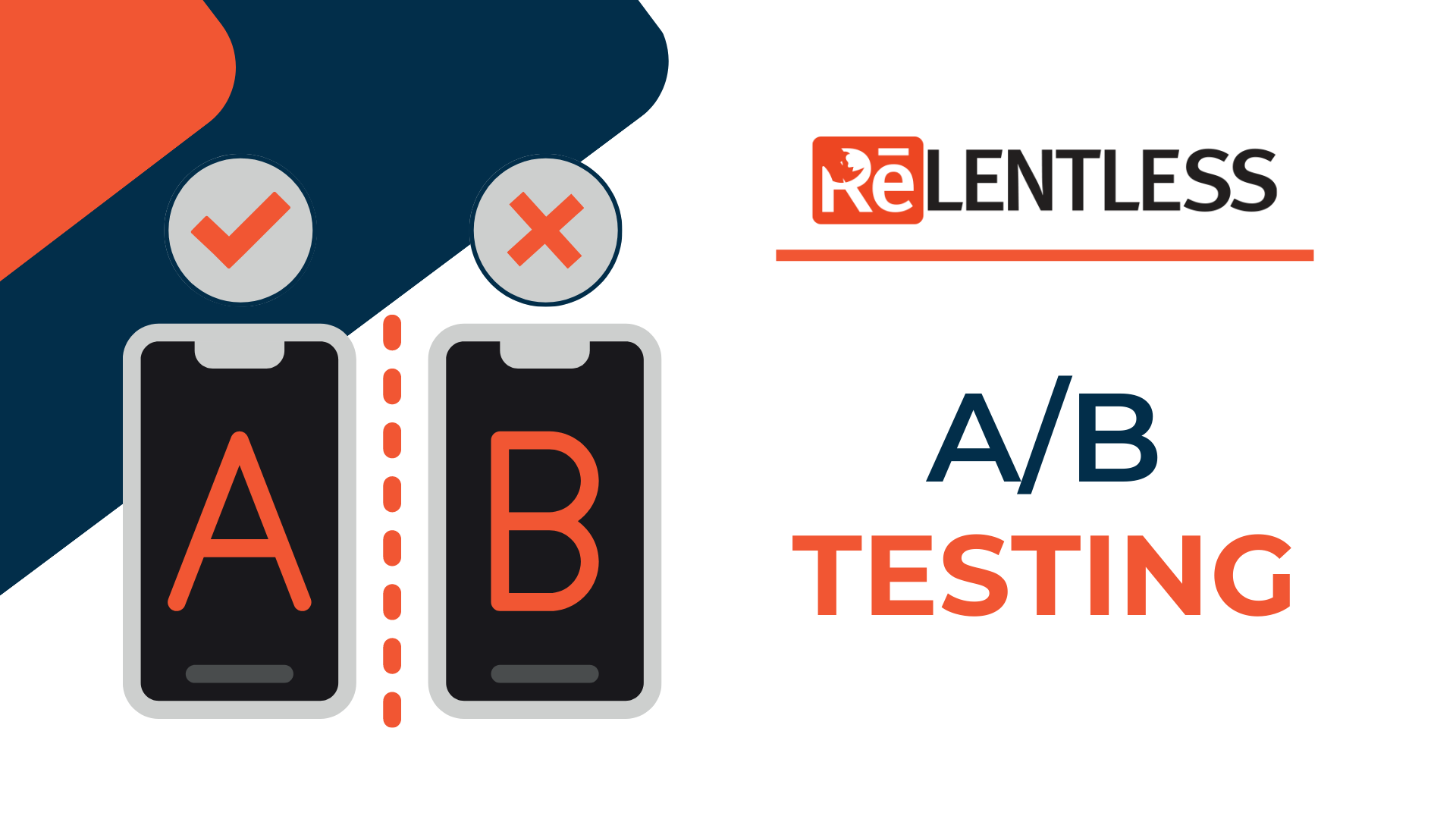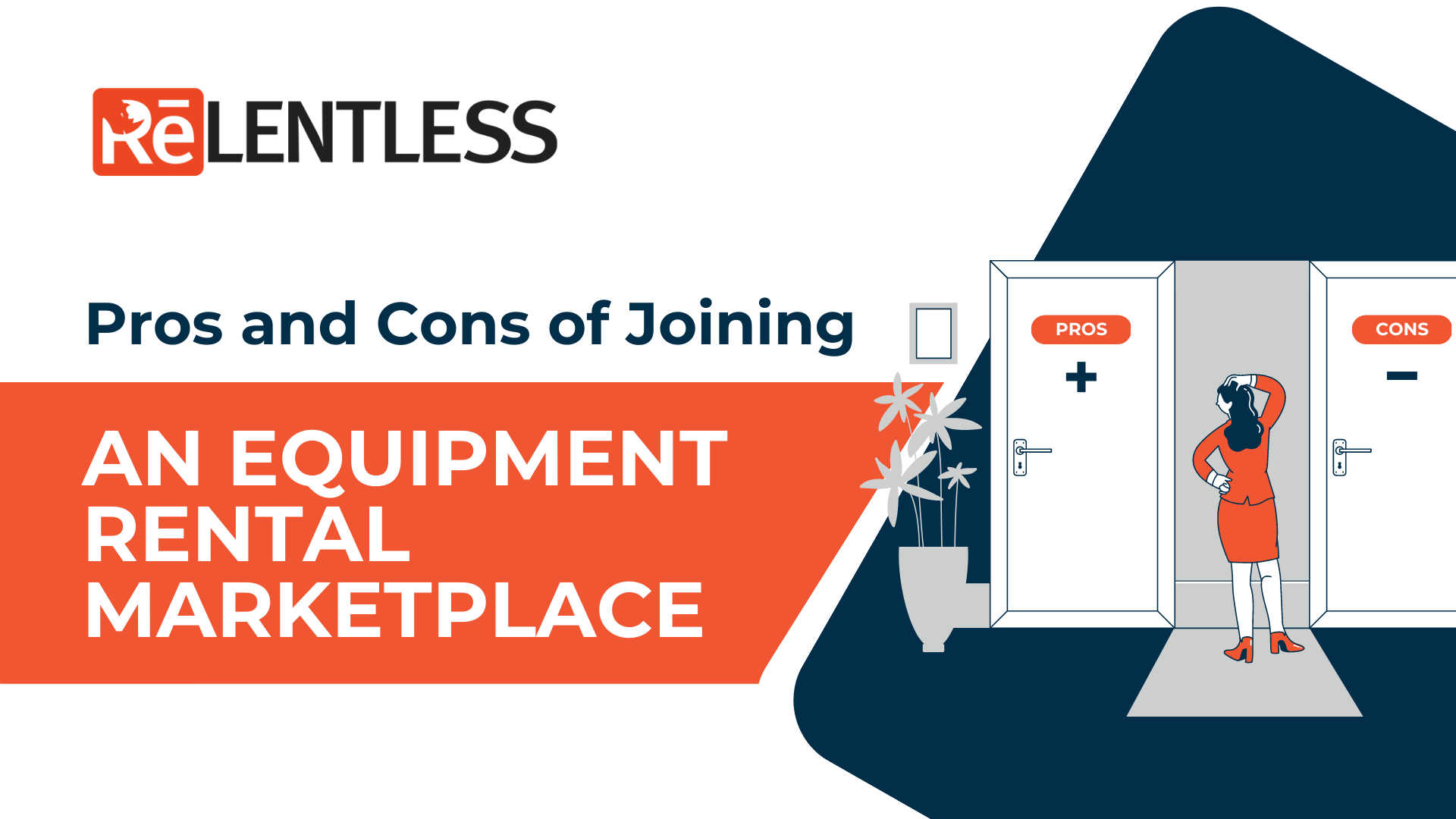Businesses of varying sizes have adapted to the global trend of selling goods and services. With the help of various platforms for E-commerce, what was once limited to a face-to-face sales transaction has become digitally possible.
Whichever type of business model you belong to, there will always be an e-commerce platform to choose from. Because of this, marketing your business and increasing its scalability has become easier than ever before.
Why Use E-Commerce
Whether you’re a budding entrepreneur or a veteran who has overcome many challenges brought by sales and marketing, building an e-commerce store might be a good idea.
In today’s market, a lot of people spend time online. In the third quarter of 2022, research shows that a person’s average time spent on the internet is 6 hours and 37 minutes. Whether it’s to get in touch with a loved one, browse social media, do work, or purchase goods and services, people would be online.
Because of this, even if there are 12 to 24 million e-commerce websites worldwide, there is still room for growth, as only less than 1 million sites generate over $1,000 per year. If you are serious about marketing and taking your business to the next level, you can take a piece of the pie from the worldwide e-commerce revenue which is expected to generate around $5.42 trillion per year.
10 Best Platforms for E-commerce Business
Compared to the situation from the early 90s, it required a team of developers and many months or years of hard work to create an e-commerce website. Today, due to technology and companies that focus on making e-commerce more accessible, it is easier to create and manage your e-commerce business. Here are some of the best platforms you can use to start building your website.

Shopify
If you did research about e-commerce, you might have heard about Shopify. This e-commerce platform empowers over a million businesses worldwide.
Shopify is popular due to its extensive collection of themes, templates, and a wide range of apps and integrations. Even beginners without knowledge of coding experience would be able to create their online business within three steps. Select a template, add products, then finally start selling.
For more advanced integration requirements, an experienced web developer might be needed. Shopify also has built-in marketing tools and 24/7 customer support.
WooCommerce
Based on statistics, 43% of all the websites worldwide use WordPress as their Content Management System (CMS), that’s around 810 million websites. WooCommerce becomes an ideal choice for WordPress powered sites as it is a plugin that can be easily installed.
WooCommerce is known for its flexibility, scalability, and customization features. And it also has a great selection of themes and extensions to help you build your website with ease.
BigCommerce
Primarily created for users without designing skills, BigCommerce is a feature-rich e-commerce platform that caters to businesses of all sizes. It has a built-in SEO feature to improve search engine rankings and multi-channel selling capabilities that include integration with different e-commerce companies such as Amazon or eBay. It is also highly secure with level 1 PCI compliance.
Magento
Appealing to large enterprises, Magento is an open-source, highly scalable, and customizable platform to build your online store. Although it has a steeper learning curve compared to other e-commerce platforms, it provides the developer full control over design, functionality, integration options, and user experience.
Due to it being one of the best open-source solutions for feature-rich e-commerce platforms, it might require a better hosting server and higher maintenance costs, especially in hiring developers to do periodic maintenance.
Volusion
Being in the e-commerce platform industry since 1999, Volusion has made a name for itself in terms of having a comprehensive inventory management system. Due to its experience in the industry, they have identified important features to focus on.
One drawback is that it has a lower volume of free themes compared to other platforms and is based on user experience or reviews. It has limited scalability for high-volume businesses due to the implementation of maximum gross merchandise volume per year on their pricing page. Nonetheless, it’s a great platform if you are expecting a certain figure in revenue and want to have a better inventory management system.
Squarespace
Squarespace focuses on aesthetics, they currently have a great selection of beautifully designed templates that focuses on user experience. It is also great for beginners as it has a drag-and-drop website builder. Reliable hosting, integrated content management features, and responsive mobile design are also some notable features that Squarespace offers.
However, there are certain challenges such as limited payment gateways, third-party integrations, and scalability issues for larger businesses with high e-commerce sales volume.
Wix
Wix is another website builder that topped the charts due to its ease of use. They offer beautiful templates for creating an online shop. It also has built-in SEO functions and a beginner-friendly drag-and-drop interface that catches the attention of creative souls.
Same as other website builders, it might be a bit of a challenge to include advanced customizations and add different payment gateways that are not in their selection.
Lightspeed
With the focus on quickly creating a great e-commerce website, lightspeed lives up to its name. It includes features such as inventory management, multi-channel selling, themes with responsive web design, and built-in analytics. It’s a robust platform that provides everything you need for an online shop.
PrestaShop
With over 300,000 merchants already using the platform, PrestaShop is one of the freemium options for an e-commerce platform. It is written in PHP programming language and has the basic features available.
One thing to note is that this platform for e-commerce requires technical or coding skills to fully navigate. It might also need additional modules for advanced functionality which might come with an add-on price.
BigCartel
Focusing on a straightforward online selling experience, BigCartel offers a platform specifically designed for artists and small businesses. Most of its features are tailored to the needs of creative entrepreneurs.
Since its target market is small businesses and simplicity, it has limited scalability and features compared to other platforms. It is, however, a very cost-effective option and a very user-friendly interface perfect for people who value a simple and minimalistic approach.
The Best of the Best E-Commerce Platform
If you plan to run a huge enterprise like Amazon or Walmart the best platform would be a fully customized e-commerce solution created and maintained by a team of experienced developers and digital marketers.
However, if you would value a balanced approach that considers cost and efficiency, a customized WordPress website with an e-commerce plugin might be the best solution for you. The automation that a WordPress powered allows you to focus more on marketing rather than having to tinker your way through a complicated platform.






